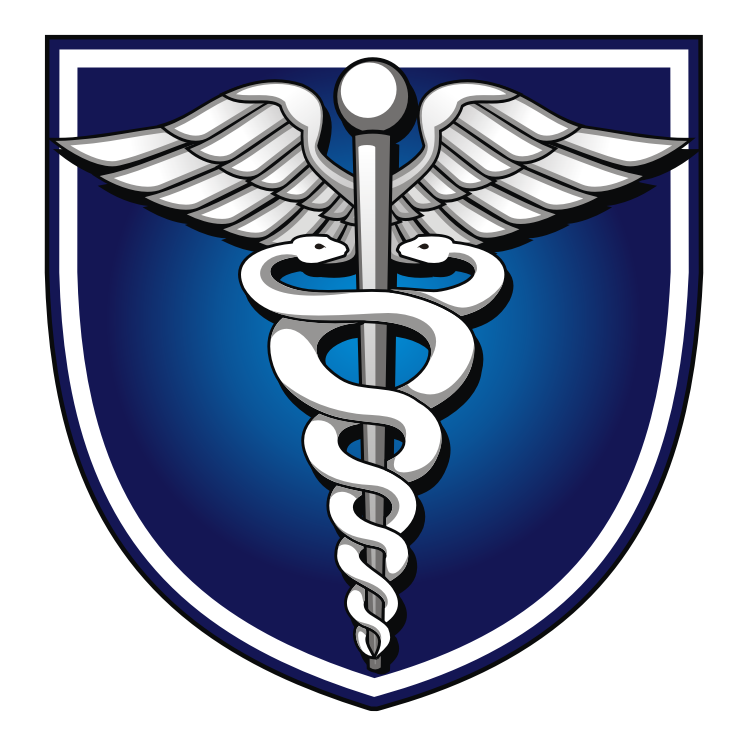The Impact of Diet During Pregnancy: Nourishing for Two
Pregnancy is a remarkable journey, where a woman’s body undergoes numerous changes to nurture and support the growth of a new life. One of the most influential factors during this time is the mother’s diet. What a woman eats during pregnancy can have a profound impact on both her own health and the development of her baby. In this article, we will explore the effects of diet during pregnancy, emphasizing the importance of making nutritious choices for the well-being of both mother and child.
Nutrient-Rich Foods for Pregnancy
A well-balanced diet during pregnancy should include a variety of nutrient-rich foods to meet the increased demands of the growing fetus. Here are some essential nutrients and their effects:
- Folic Acid: Folate is crucial in early pregnancy to prevent neural tube defects in the baby’s developing brain and spine. Leafy greens, fortified cereals, and legumes are good sources.
- Iron: Iron supports the increased production of red blood cells and helps prevent anemia. Lean meats, beans, and fortified grains are iron-rich choices.
- Calcium: Calcium is vital for the development of the baby’s bones and teeth. Dairy products, fortified plant-based milk, and leafy greens are good sources.
- Protein: Protein is essential for the growth and development of the baby’s organs, muscles, and tissues. Include lean meats, poultry, fish, eggs, legumes, and dairy products in your diet.
- Omega-3 Fatty Acids: Omega-3s, found in fatty fish (like salmon and trout) and flaxseeds, contribute to the baby’s brain and eye development.
- Fiber: A diet rich in fiber from fruits, vegetables, and whole grains can help alleviate constipation, a common pregnancy discomfort.
The Effects of a Balanced Diet
- Healthy Weight Gain: A balanced diet can help manage weight gain during pregnancy. Gaining an appropriate amount of weight is important for the baby’s growth and can reduce the risk of complications.
- Reduced Risk of Gestational Diabetes: Eating nutrient-dense foods can help regulate blood sugar levels, reducing the risk of gestational diabetes.
- Fetal Development: Proper nutrition supports the development of the baby’s vital organs and systems, ensuring they function optimally.
- Reduced Risk of Birth Defects: Key nutrients like folic acid play a role in preventing birth defects, emphasizing the importance of prenatal vitamins and a nutritious diet.
- Prevention of Anemia: Iron-rich foods help prevent anemia in both the mother and the baby.
Foods to Avoid During Pregnancy
Equally important as what to eat is what to avoid during pregnancy. Certain foods can pose risks to the developing fetus. These include:
- Raw Seafood: Raw fish and shellfish can contain harmful bacteria and parasites.
- Undercooked Meat and Eggs: Ensure that meat and eggs are thoroughly cooked to avoid foodborne illnesses like salmonella.
- Unpasteurized Dairy Products: Unpasteurized milk and soft cheeses can harbor harmful bacteria.
- Excessive Caffeine and Alcohol: High caffeine intake and alcohol consumption can have adverse effects on fetal development.
- High-Mercury Fish: Limit the consumption of high-mercury fish like shark, swordfish, king mackerel, and tilefish.
Consult with a Healthcare Provider
Every pregnancy is unique, and dietary needs may vary. It’s crucial to consult with a healthcare provider or a registered dietitian during pregnancy to create a personalized nutrition plan that meets specific needs and dietary restrictions.
In conclusion, the effects of diet during pregnancy are profound, influencing both the mother’s well-being and the development of her baby. By embracing a balanced and nutritious diet, avoiding potentially harmful foods, and seeking professional guidance, expectant mothers can set the stage for a healthy and thriving pregnancy, nurturing their precious gift of life.
